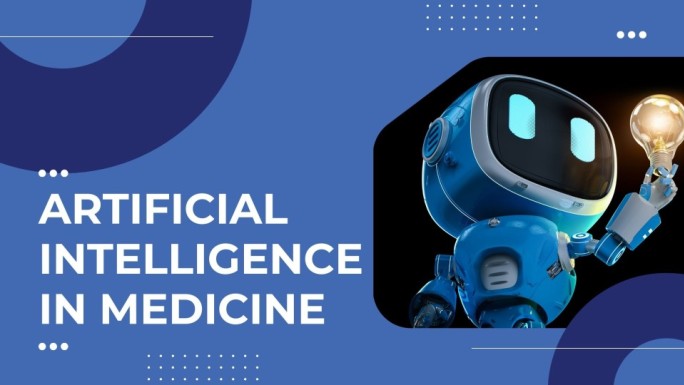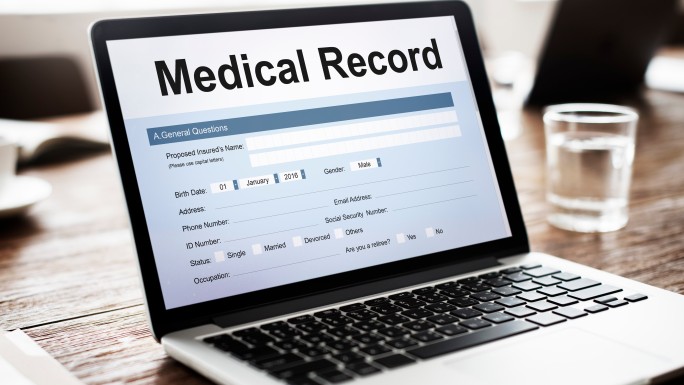7 Essential Technology Tools Every Clinical Trial Should Utilize
In modern healthcare, clinical trials play an important role in advancing medical science and improving patient care. As clinical trials require a high level of demand and complexities, the integration of technology has become not only beneficial but also vital.
Today, we will explore seven essential technological tools that every clinical trial should apply to enhance efficiency, accuracy, and overall success.
1. Electronic Data Capture (EDC) System
Electronic Data Capture (EDC) is a digital technology that has changed data collection in clinical trials and medical research. EDC replaces traditional paper-based methods, allowing researchers to gather, manage, and monitor patient data electronically. It improves data accuracy, accelerates data analysis, and provides real-time access to information. EDC systems can check data validation, and ensure data quality and regulatory compliance.
They are cost-effective, user-friendly, and adaptable to various study designs, making them crucial tools for modern clinical research. Thus, they contribute to the development of new medical treatments and therapies.
2. Clinical Trial Management System (CTMS)
A Clinical Trial Management System (CTMS) is a comprehensive software solution designed to streamline and optimize the planning, conduct, and management of clinical trials. It serves as a central hub for organizing and monitoring various aspects of clinical research, including study planning, participant recruitment, site management, and data collection.

CTMS simplifies administrative tasks, enhances collaboration among trial stakeholders, and ensures regulatory compliance. It provides real-time insights and advanced reports, which help researchers and sponsors make informed decisions, promoting the development of new medical treatments and therapies.
3. Randomization and Trial Supply Management (RTSM)
Randomization and Trial Supply Management (RTSM) is a critical technology tool in the field of clinical trials. It automates the randomization process, ensuring that patients are assigned to different treatment groups in a randomized and unbiased manner.
RTSM also manages the supply of investigational products, helping to maintain proper inventory levels and ensuring that patients receive the correct treatment. It plays a key role in maintaining the integrity of a clinical trial by reducing the risk of bias and ensuring that study drugs are administered correctly.
Additionally, RTSM provides real-time data on drug inventory, patient allocations, and adherence, which helps streamline trial operations and maintain compliance with regulatory requirements.
4. Electronic Patient-Reported Outcomes (ePRO)
Electronic Patient-Reported Outcomes (ePRO) is a technology solution that enables patients to directly report their health-related data and experiences during clinical trials or medical research using digital devices such as smartphones or tablets. By allowing patients to input information about their symptoms, quality of life, and treatment adherence in real time, ePRO enhances the accuracy and timeliness of data collection.
It promotes patient engagement and reduces recall bias, ultimately providing valuable insights to researchers and healthcare providers. ePRO systems offer a user-friendly and convenient way for patients to contribute to the success of clinical studies while improving the overall quality of the data collected.
5. Clinical Data Management System (CDMS)
Clinical Data Management System (CDMS) is a software platform used in clinical research to collect, manage, and analyze data generated during clinical trials. CDMS streamlines data entry ensures data accuracy, and enhances data quality through validation checks and audit trails. It simplifies the process of organizing and storing data, making it accessible to researchers and regulatory authorities

CDMS improves the efficiency of clinical trials by reducing errors, expediting data analysis, and enabling real-time monitoring. It is a fundamental tool for maintaining data integrity and ensuring that trials meet the highest standards of accuracy and compliance.
6. Interactive Response Technology (IRT) system
Interactive Response Technology (IRT) Systems are essential tools in clinical trials. These systems facilitate the randomization and allocation of patients to different treatment groups, manage drug dispensation, and ensure protocol compliance. IRT systems streamline communication between sites, sponsors, and patients, improving the efficiency of clinical trial operations.
They play a crucial role in maintaining the integrity of the trial, reducing the risk of bias, and ensuring that the right treatment is provided to the right patient. Overall, IRT systems are necessary to increase the accuracy and quality of clinical trial data and contribute to the success of research studies.
7. Electronic Trial Master File (eTMF)
An Electronic Trial Master File (eTMF) is a digital solution that simplifies and enhances the management of clinical trial documentation. eTMF systems replace traditional paper-based methods, providing a secure and organized platform for storing and tracking essential trial documents. They offer real-time access to documents, facilitate regulatory compliance, and streamline the document exchange process between sponsors, investigators, and regulatory authorities.
eTMF solutions are instrumental in maintaining the integrity of clinical trials, ensuring documentation accuracy, and expediting the regulatory approval process, ultimately contributing to the success of clinical research.
e
In Conclusion
In conclusion, these seven technology tools are no longer just options but prerequisites for modern clinical trials. They have transformed the way we conduct research, making it more efficient, accurate, and transparent. The integration of these tools not only benefits the scientific community but also, most importantly, improves patient care and helps develop new treatments and therapies more quickly. Embracing these technologies is a crucial step toward a brighter future in healthcare.





